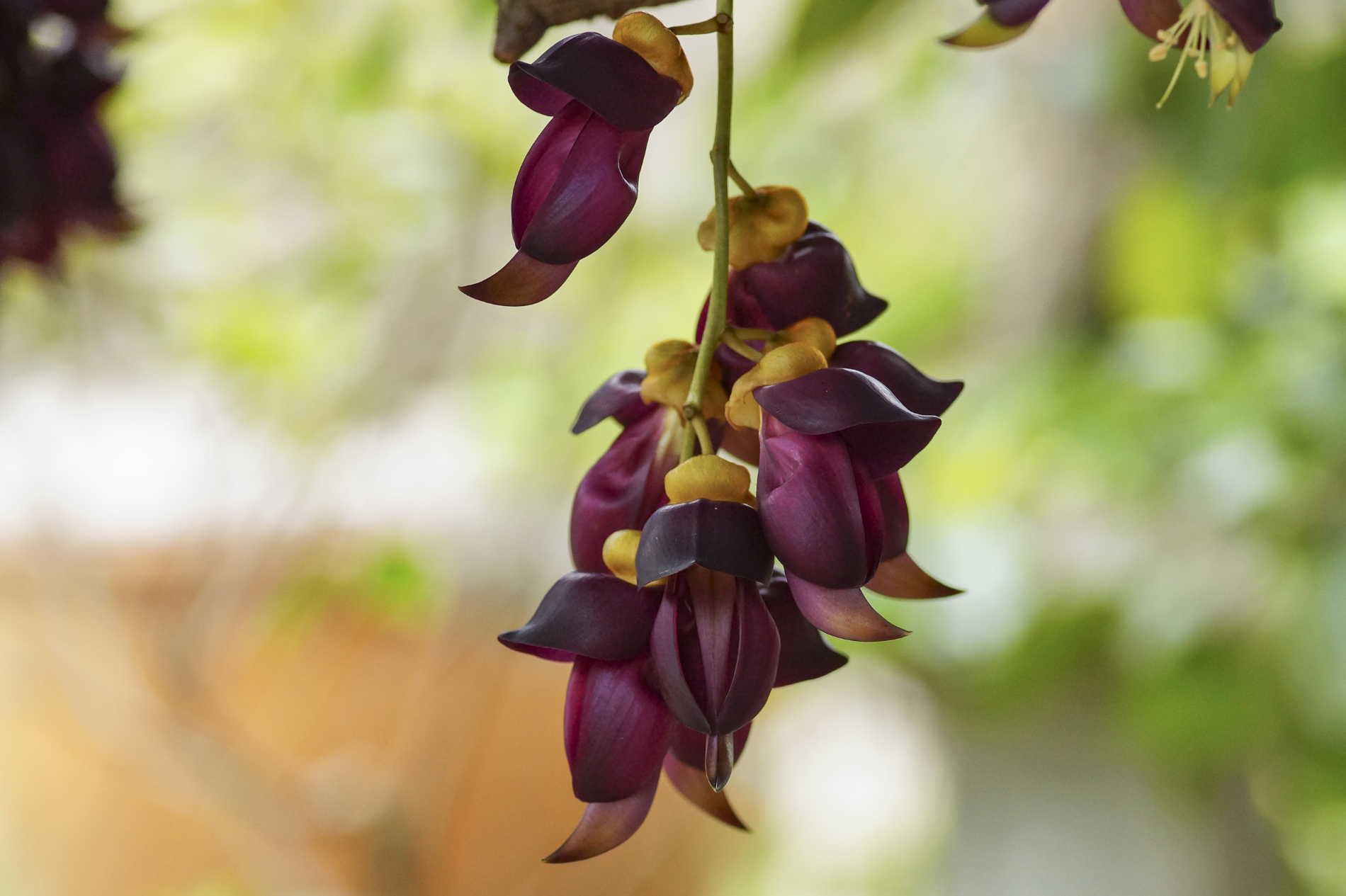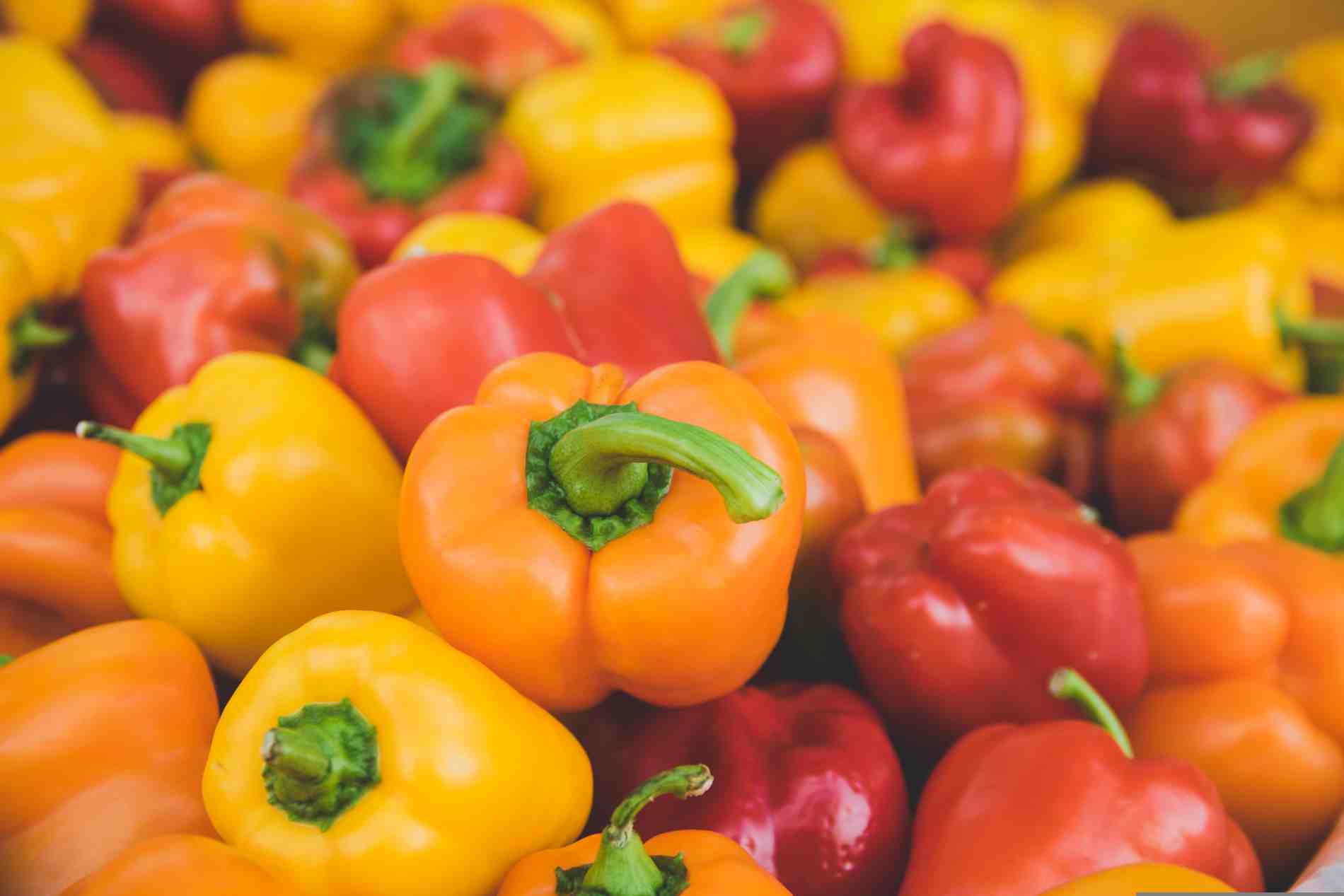Introduction
Cistus (Cistus incanus) is a medicinal plant that has been valued in traditional medicine for thousands of years. This inconspicuous plant with its delicate pink flowers has an impressive history and offers numerous health benefits. In this article, we will look in detail at its discovery, its forms of use and dosages, its healing properties, its effect on the body, recommendations for taking it, possible side effects and complementary medicinal plants and supplements.
Discovery of cistus
It was first discovered in the Mediterranean region, where it grows wild in sunny and rocky locations. Archaeological finds indicate that it was already used in ancient Greece and Rome. In traditional European medicine, it was used to treat wounds and infections. Its medicinal properties were later confirmed by scientific studies that demonstrated its antibacterial, antiviral and antioxidant effects.
Dosage forms and dosage
Cistus can be taken in various forms, depending on preference and health objectives:
- Tea: One of the most common forms is cistus tea. To prepare it, pour boiling water over a teaspoon of dried cistus and leave to infuse for around 10 minutes. It is recommended to drink three cups a day.
- Extract: Cistus extracts are available in liquid form or as capsules. The dosage varies depending on the product, but a common dosage is 1-2 ml of liquid extract or 1-2 capsules daily.
- Ointment: Cistus ointments are available for external use and can help with skin conditions and wounds. The ointment is applied to the affected area several times a day.
- Inhalation: Cistus oil can also be inhaled to relieve respiratory diseases. To do this, add a few drops of the oil to hot water and inhale the vapors.
Healing effects of cistus
It is used for many health problems:
- Infections: Thanks to its strong antibacterial and antiviral properties, it can help with colds, flu and other viral infections. Studies have shown that it can inhibit the growth of viruses and bacteria.
- Inflammation: The anti-inflammatory properties make it a valuable remedy for inflammatory conditions such as arthritis and skin inflammation.
- Immune system: The antioxidant ingredients strengthen the immune system by neutralizing free radicals and thus preventing cell damage.
- Skin problems: It can be used to treat acne, eczema and other skin conditions. Its antibacterial and anti-inflammatory properties help to soothe and heal the skin.
Effect on the body
Cistus has a number of positive effects on the body:
- Antioxidant: The plant is rich in polyphenols, which act as powerful antioxidants. They protect the cells from oxidative stress and promote general health.
- Antimicrobial: The active ingredients contained fight bacteria and viruses, which is particularly helpful in the prevention and treatment of infections.
- Anti-inflammatory: By inhibiting inflammatory processes in the body, it can provide relief from chronic inflammatory diseases.
When should cistus be taken?
It is particularly recommended in the following situations:
- To prevent infections: Especially during the cold and flu season, regular intake can strengthen the immune system and protect against infections.
- For acute infections: At the first signs of a cold or flu, it can help to alleviate symptoms and shorten the duration of the illness.
- For chronic inflammation: People with chronic inflammation can benefit from its anti-inflammatory effects.
Who should not take cistus?
Although it is generally considered safe, there are certain groups of people who should exercise caution:
- Pregnant women and breastfeeding mothers: as the effects on pregnancy and breastfeeding have not been adequately studied, pregnant women and breastfeeding mothers should consult a doctor before taking it.
- Allergy sufferers: People who are allergic to plants from the cistus family should avoid them to prevent allergic reactions.
Food supplements and medicinal plants
The following dietary supplements and medicinal plants can be helpful to support the effect of cistus:
- Vitamin C: strengthens the immune system and works synergistically with the antioxidant properties of cistus.
- Echinacea: Another plant that strengthens the immune system and helps with infections.
- Probiotics: Support gut health and the immune system, which is particularly important when fighting infections.
Foods with a high cistus content
Cistus is rarely used in cooking, but can be used in the form of herbal teas or as an ingredient in spice mixtures.
Side effects and overdose
Cistus is generally considered safe to take, but sensitive people may experience side effects such as stomach problems or allergic reactions. An overdose can lead to gastrointestinal problems, so the recommended dosage should not be exceeded.
Natural medicine forms and applications
In naturopathy, cistus is mainly used in the following forms:
- Phytotherapy: As an ingredient in herbal medicines for the treatment of infections and inflammations.
- Aromatherapy: As an essential oil for inhalation in respiratory diseases.
- Ointments and creams: For external use on skin diseases and wounds.
Summary
Cistus is a versatile medicinal plant with a long history and many health benefits. Its antibacterial, antiviral and anti-inflammatory properties make it a valuable remedy for the prevention and treatment of infections and chronic inflammation. When used correctly, it can support well-being and health in a natural way. However, certain groups of people and people with allergies should exercise caution and consult a doctor if in doubt. With the right dosage and complementary remedies, it can be a valuable addition to holistic health.




